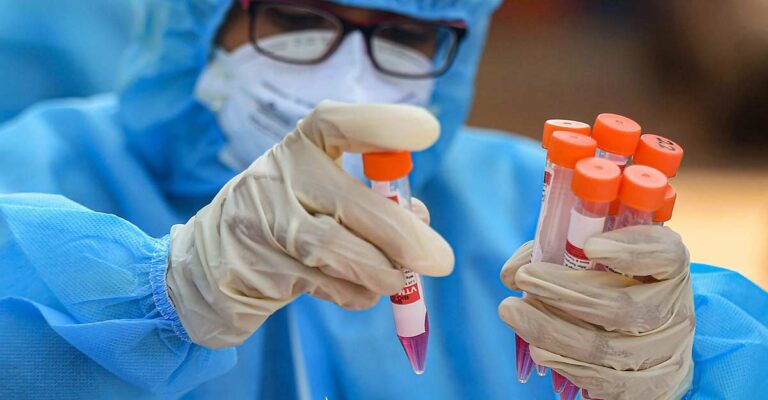
Credit: https://www.onmanorama.com/
At the end of 2019, a new virus caught the headlines worldwide, and by April, it spread to the entire world. Even though we are in the late half of 2020, doctors & medical scientists are still learning something new about this virus each day.
The CDC is still investigating the symptoms but there are various types of COVID-19 tests:
The COVID-19 IgG Elisa Assay kit is widely used worldwide as a qualitative detection of the novel coronavirus. It is a serological plate-based assay technique that detects & quantifies substances such as hormones, proteins, peptides, antibodies.
The ELISA testing for SARS-CoV-2 has gained popularity to meet the surging demand of testing to identify both asymptomatic people or those who have recovered.
The ELISA Assay tests are blood-based that identify whether the particular individual has been exposed to a novel virus by looking at their immune system’s response.
It is a fundamental COVID-19 diagnostic testing around the world. This test was unveiled in 2002 to detect Severe Acute Respiratory Syndrome (SARS). The sample is collected in any of the following ways:
Your doctor may even scan the chest for diagnosing COVID-19 and how far the novel virus has spread. The PCR samples are sent in batches at the lab center far away. This means it can take up to three days for results to come.
In the majority of COVID-19 cases, the PCR and Elisa tests are true. However, the results can be false, if the test is done during the early stage of infection, the viral load may be too low to be detected.
A recent study suggested how & when the test sample is collected. The same study also relied on the CT scans being accurate in 98% of the infection cases, whereas 71% for the PCR-RT test.
Speak to your healthcare provider to discuss your options about COVID-19 testing.
While most of the people infected with COVID-19 are asymptotic, some are severely affected. If someone has shortness of breath and has reduced oxygen levels, this condition is known as Acute Respiratory Distress Syndrome (ARDS), a medical emergency for which immediate attention is needed.
Some common symptoms which reflect the progression of ARDS are:-
Speak to your doctor to provide instructions over the phone call if the symptoms are less severe.
Early medical care is important to lower the complications from COVID-19 infection. People above the age group of 55 are at higher risk of developing serve illness, especially those with chronic health conditions such as:
The PCR-RT testing remains the primary testing method for COVID-19 worldwide, while governments have used rapid testing like the ELISA kit for cluster testing.
Some clinicians also advise their patients to undergo a CT scan, as one of the most reliable means to diagnose this disease.
In the ever-evolving world of skincare, the demand for effective and natural solutions has skyrocketed,… Read More
Summer is here and is the beach and all the casual outings. The best thing… Read More
Skincare is a very vast industry with new products getting launched almost every month. Everyone… Read More
Hello! Spring season. The Spring season is one of my favourite seasons. The reason is… Read More
Long, thick, fluttery lashes aren’t just reserved for the stars. They are reserved for our… Read More
Valentine's Day around the corner and ladies are excited about the outfit to impress their… Read More
This website uses cookies.